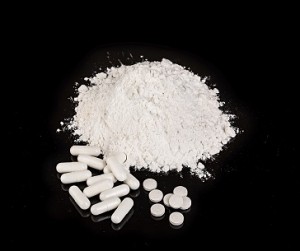A new study finds 80 percent of people with an opioid addiction are not receiving treatment. The study examined addiction treatment rates over the past decade, when heroin overdose deaths quadrupled.
Researchers from the Johns Hopkins School of Public Health noted in a news release that in 2013 more than 8,200 people died of a heroin-related overdose. The findings appear in the Journal of the American Medical Association.
There have been changes in the number and types of treatment settings used by people with opioid addiction, the study found. Outpatient treatment and self-help groups were most common.
The percentage of patients receiving care in a doctor’s office rose from 25 percent in 2004 to 35 percent in 2013. Many of these patients are prescribed buprenorphine, which helps to manage opioid cravings.
In many places, drug treatment programs are not available, or programs are overcrowded, said lead researcher Brendan Saloner. He added that many state Medicaid programs restrict access to buprenorphine and methadone.
“The real challenge in this is getting more people into settings where they can get methadone or buprenorphine,” he said. “We also need to think about changing the conversation about opioid addiction, which is a chronic relapsing illness, just like diabetes. Referring to drug users as junkies or criminals keeps people with addiction in the shadows and away from getting help. They may be open to treatment but they never seek it out because of the stigma associated with their addiction.”
A second study in the journal found the percentage of American adults who abuse prescription opioids has decreased slightly in the past decade. People who do abuse these drugs are using them more frequently, and are more likely to become addicted, HealthDay reports.
“Most adults with prescription opioid [narcotic] use disorders or other substance use disorders neither receive treatment nor perceive a need for treatment,” said lead author Dr. Beth Han.
Published
October 2015
 Get Support
Get Support

